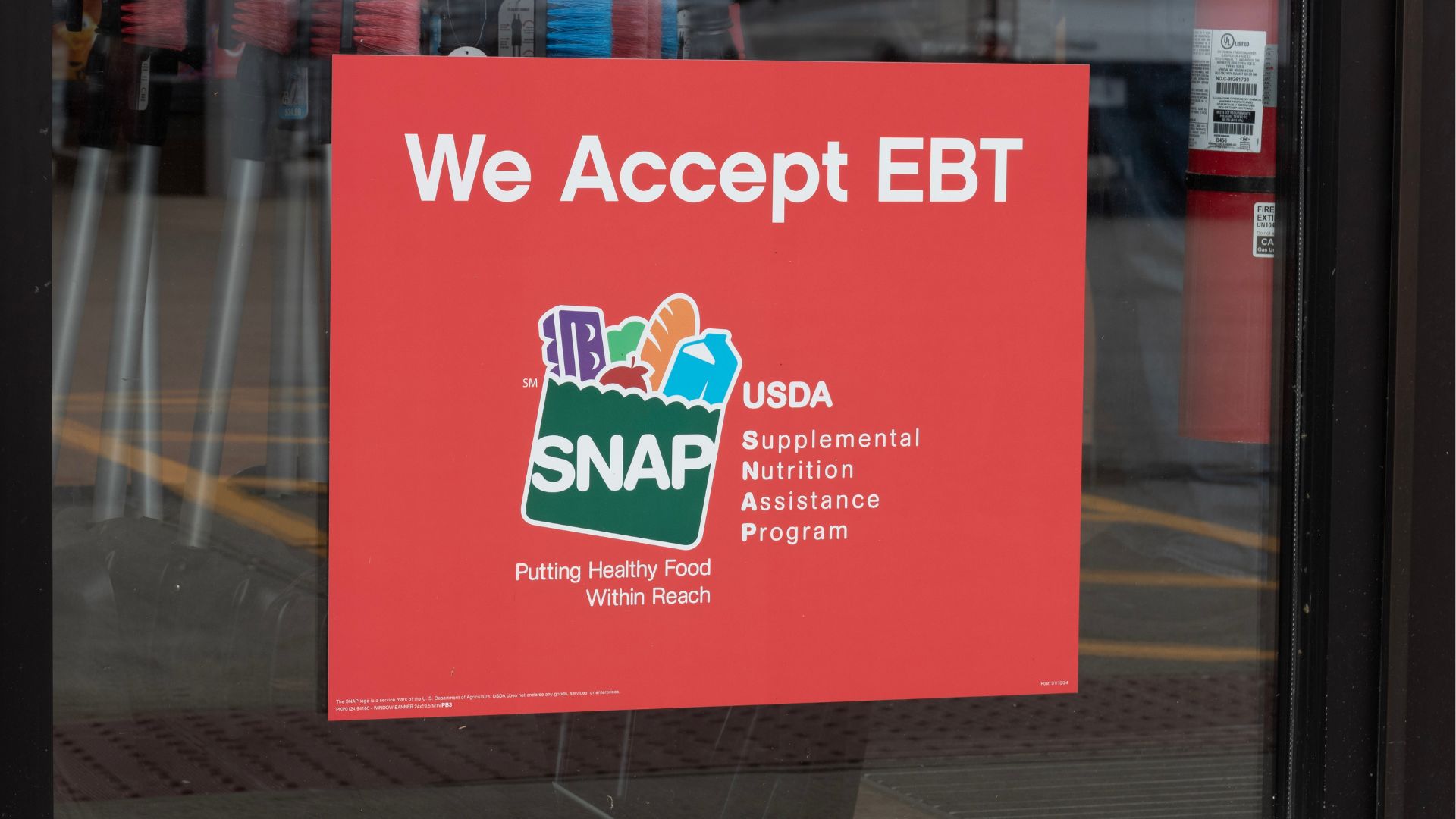Agriculture Secretary Brooke Rollins recently revealed that her agency has identified fraud within the Supplemental Nutrition Assistance Program (SNAP), which served nearly 42 million people in fiscal year 2024 at a federal cost exceeding $100 billion.
Her remarks come as the federal government continues reform efforts aimed at improving program integrity. These efforts include restrictions on purchasing junk food and soda in several states, reflecting a broader initiative to ensure SNAP benefits are used properly.
SNAP benefits enable recipients to purchase approved food items at more than 261,000 authorized retailers nationwide. Benefits are issued via electronic benefits transfer (EBT) cards, with monthly amounts varying according to household size and financial conditions. While states manage the day-to-day operations of SNAP, federal authorities provide a portion of the program’s funding and supervise its statewide administration.
Interest in reviewing and reducing errors in SNAP has persisted among policymakers for years. Concerns have intensified recently as federal reviews have uncovered issues in multiple areas, including benefit trafficking, false information on retailer applications, applicant errors leading to incorrect benefit amounts, mistakes by state agencies, and scams targeting benefit recipients.
A recent report by Townhall highlighted a $66 million SNAP fraud scheme uncovered by the U.S. Department of Agriculture (USDA) this year. This case adds to ongoing investigations into the misuse of federal nutrition assistance and highlights several categories of problems:
– **Trafficking:** Retailers or recipients illegally exchange benefits for cash or other prohibited transactions.
– **Improper Retailer Applications:** Businesses provide false or incomplete information to gain SNAP authorization.
– **Household Application Errors:** Mistakes or intentional misstatements on applications result in incorrect benefit levels.
– **State Administrative Errors:** State agencies sometimes contribute to incorrect benefit amounts through errors or actions outside program requirements.
– **Recipient Scams:** Outside actors target benefit recipients with scams that lead to stolen benefits.
Unfortunately, more than 20 states have declined to provide SNAP data to the federal government. This lack of full reporting limits federal officials’ ability to examine error rates, review compliance, and measure the scale of fraud across the entire program.
Federal oversight for fiscal year 2023 estimated that 11.7 percent of SNAP benefits—approximately $10.5 billion—were improper. Improper payments include benefits that were too high, too low, or issued to households that should not have received them. This figure reflects combined errors across state agencies, retailers, and households.
Federal administrators continue to evaluate SNAP’s structure while enforcing program integrity rules and conducting investigations in cooperation with states. However, the mixed responsibilities between federal and state governments complicate oversight efforts. The federal government’s role includes funding support and supervisory authority, whereas states manage application procedures, eligibility determinations, and benefit distribution.
Secretary Rollins indicated that an announcement related to SNAP reforms and enforcement actions is expected next week. As the government works to tighten oversight, these measures could mark a significant step toward safeguarding taxpayer dollars and ensuring benefits reach eligible recipients.
https://www.lifezette.com/2025/11/dem-shutdown-boomerang-usda-reveals-staggering-amounts-of-snap-fraud-watch/



